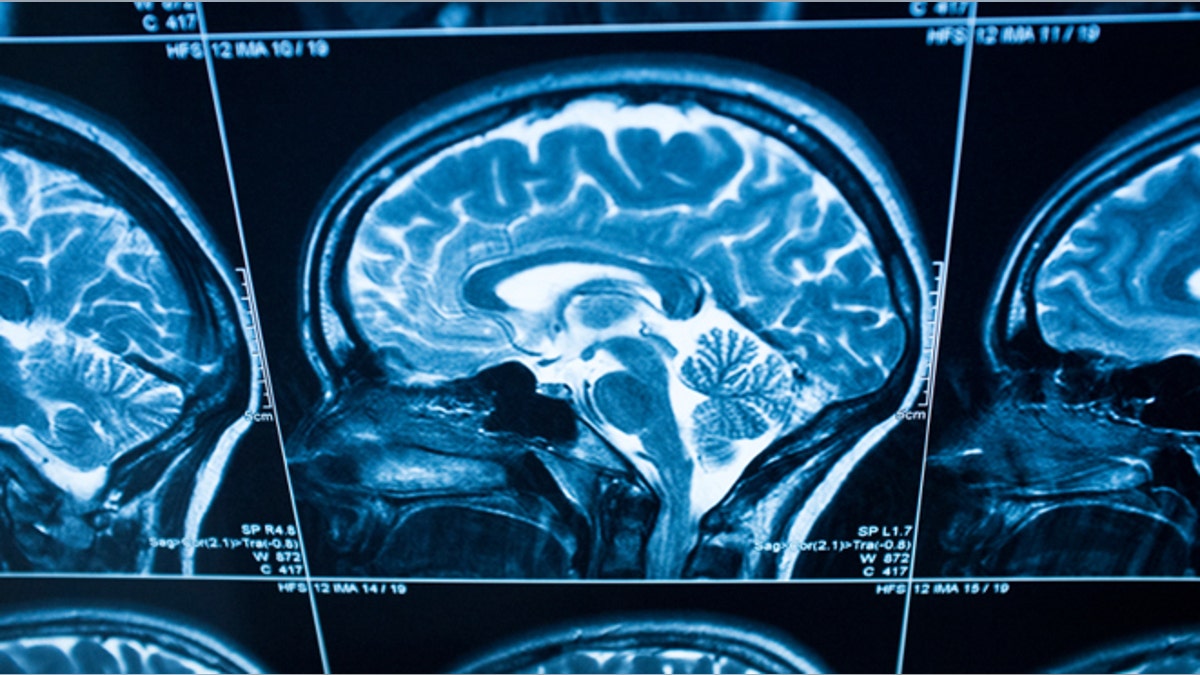
Scientists studying people with depression say brain scans could be used to predict who is most likely to relapse, an approach that could help doctors make better decisions about who should stay on antidepressants and who should stop.
In a small study of 64 patients, the researchers found that significant differences showed up in brain scans of those who later went on to have a recurrence of their depression.
While the results need first to be replicated and improved upon, Roland Zahn, who led the work, said the approach may prove important in the future "as there are currently no accurate ways to predict those who will have a recurrence following recovery".
Depression is one of the most common forms of mental illness, affecting more than 350 million people worldwide. It is ranked by the World Health Organization as the leading cause of disability globally.
Treatment usually involves either medication, some form of psychotherapy, or a combination of both. Yet many patients fail to recover and suffer recurring bouts of debilitating illness.
Zahn's team, from King's College London's Institute of Psychiatry, Psychology & Neuroscience and from Manchester University, carried out functional magnetic resonance imaging (fMRI) scans of 64 people who were in remission from major depression and no longer on medication.
During the scans they were asked to imagine acting badly towards their best friends. Doing this, they experienced self-blaming emotions such as guilt, the researchers explained in their study published in the JAMA Psychiatry journal.
For the next 14 months the participants were seen regularly and monitored for symptoms. At the end of the study, 37 remained depression-free, while 27 had relapsed.
The researchers found the fMRI scans of those who went on to have another bout of depression showed a higher connectedness between two parts of the brain linked to guilt - the anterior temporal lobe and the subgenual region. Those who didn't relapse had no increased interconnectedness.
The scientists then tested their findings on a control group of 39 people with no personal or family history of major depression and found that they also had no increased interconnectedness.
Using this, the team said they were able to predict with an accuracy of 75 percent who would relapse into depression.
"Before this approach can be rolled out...we need to test it out in an independent group of patients and improve it so that its accuracy reaches 80 percent," Zahn said.








































